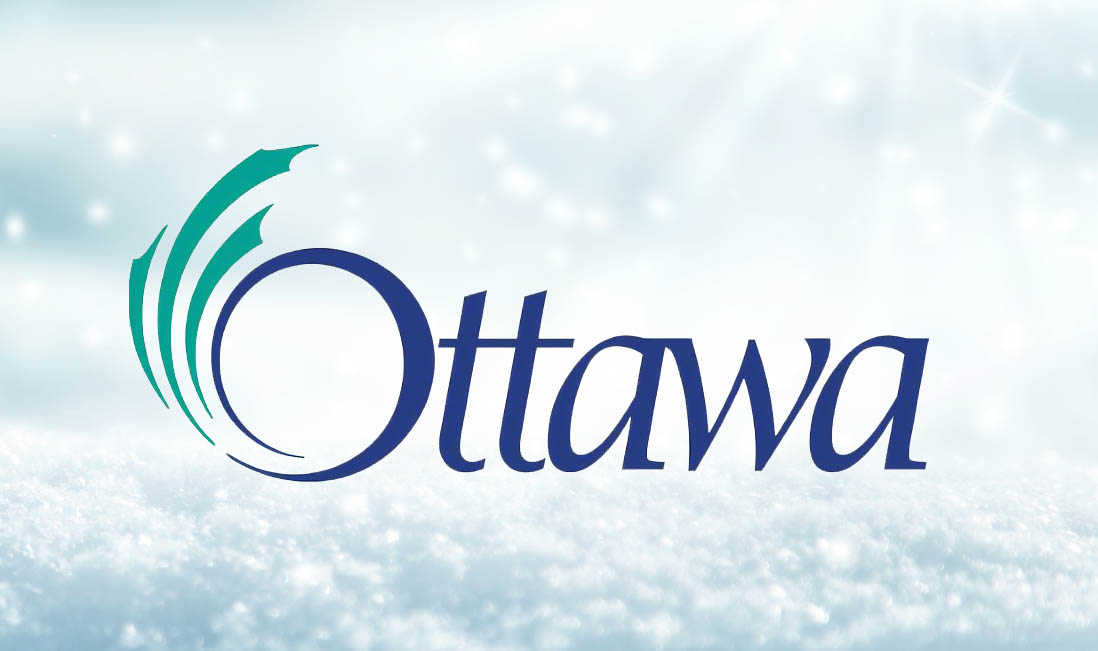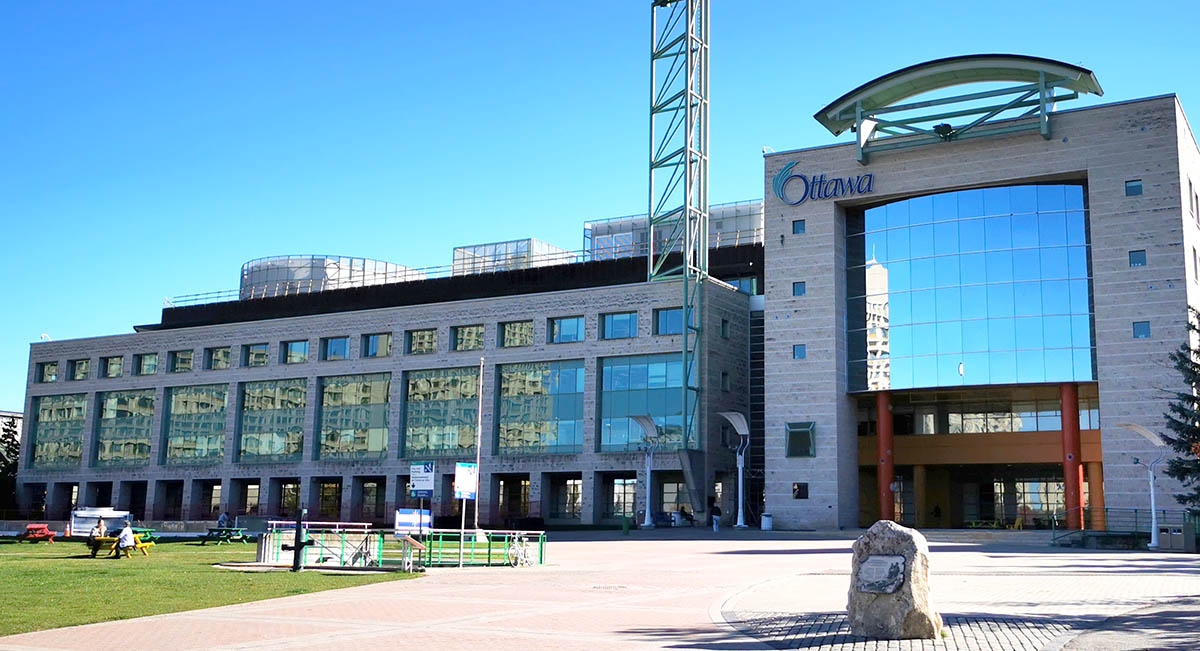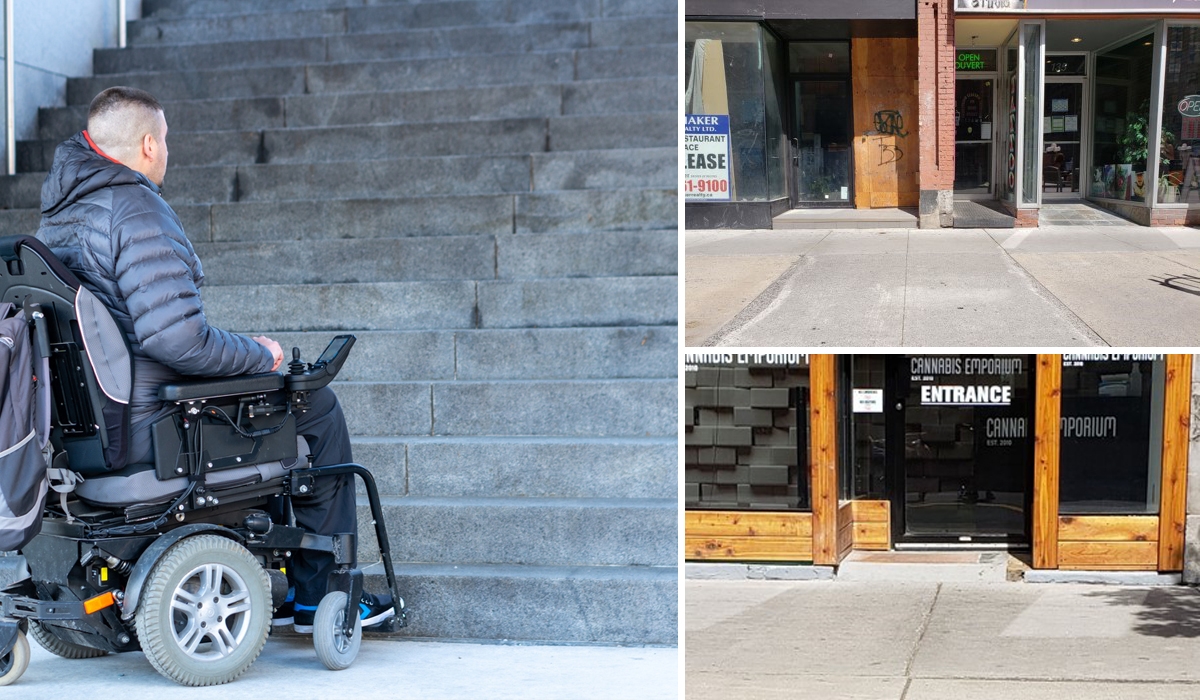
Councillor King addresses Black History Month at Council as Tariffs and Lansdowne Remain Main Issues
Before Ottawa City Council’s Wednesday meeting formally began, Councillor Rawlson King was invited to address the chamber, speaking about Black History Month in Ottawa. King stated that the Fairness for Ottawa campaign must include fairness for all underrepresented people living in the city.
“Many members of our Black community continue to face systemic barriers, including racism and discrimination in their daily lives,” King said. As a councillor and a member of the Black community, he expressed his responsibility to address these challenges head-on. King credited the mayor and Council for approving an anti-racism strategy in 2022, which, over five years, aims to remove barriers to Black Ottawans in city services and policies. He also highlighted the OC Transpo mural project, which will feature works from Black History Ottawa on three double-decker buses. Additionally, he noted that a display of Black History Month photographs from the city archive is now exhibited outside the council chambers.
After King’s speech, the focus quickly shifted to Lansdowne 2.0, with the 2024 annual report on the state of the project being reviewed.
Shawn Menard, Councillor for the Capital Ward, which includes Lansdowne, delivered a prolonged address on the 2.0 project, highlighting what he believed to be significant flaws. Menard stated that the city was not charging enough rent for the park’s retail spaces, meaning taxpayers would have to cover the difference. He also criticized the city’s plan to demolish retail space built in 2014 only to rebuild it, arguing that the space remains usable for decades to come. Furthermore, he pointed out that Canada is on the verge of a recession, and with a 25 percent tariff on steel and aluminium, the project’s timing does not make financial sense.
Menard also expressed concerns about the loss of green space, which he believes the city should be working to preserve. He lamented the proposed removal of the toboggan hill at the east end of the field, which residents also use to watch events for free. Additionally, he warned that the $500 million project would place a heavy financial burden on the city, with no guarantee that the Ottawa Redblacks would continue using Lansdowne as their home field in seven years. Finally, Menard noted that the plan lacks a public transit strategy to efficiently transport people to and from the park.
Councillor Catherine Kitts introduced a motion titled “Mitigating Financial Impacts of the U.S.-Canada Trade Tariffs on the City of Ottawa.” City staff responded to the motion, which directs them to provide an update on the economic forecast and assess the potential risks of the ongoing trade war on Ottawa’s procurement and finances. Additionally, the motion calls for a plan to ensure procurement bylaws remain flexible enough to prioritize local, Canadian, and non-American goods and services where possible. The mayor will also convene local business leaders to develop a strategy supporting local enterprises and collaborate with the mayor of Gatineau to advocate for the removal of interprovincial trade barriers. Furthermore, the city will work with other governments and trade organizations to establish local supply chains and explore using only Canadian financial institutions for banking and investments.
Councillor Riley Brockington warned that the ongoing economic conflict with the U.S. will likely persist for at least another year as the Trump administration could introduce further rounds of tariffs. He questioned city staff about how they plan to provide economic updates in such a volatile environment. City CFO Cyril Rodgers responded that staff would closely monitor the economic situation. He noted that most products used in city infrastructure are already sourced within Canada, but potential supply and demand issues could arise if tariffs cause Canadian products to become more sought after. Rodgers concluded, stating, “It’s going to be a living document that we’re going to have to track moving forward.”
Councillor Ariel Troster used the discussion on U.S.-Canada tariffs to highlight what she described as discrimination against the trans community in the United States. She warned that people may immigrate to Ottawa under the current Trump administration and added that the city would be “lucky to have them.” Kitts’s motion was carried.
Ottawa City Council will meet again on February 26.











